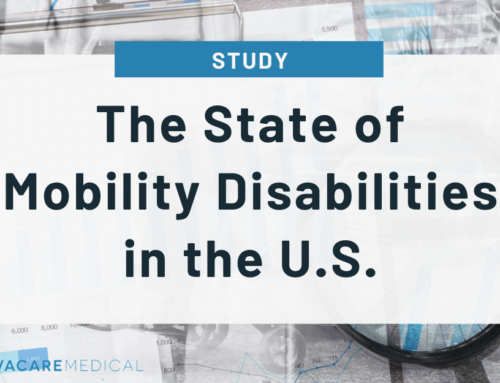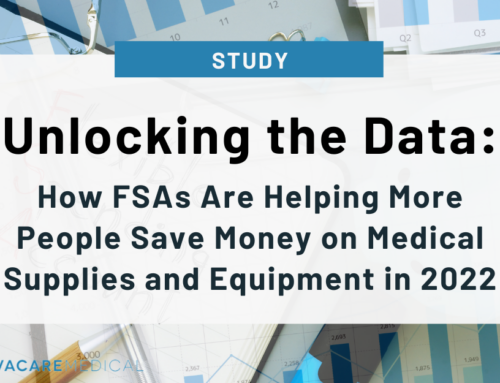Medical alert systems are necessary devices for many patients. A medical alert system does exactly what its name implies – it alerts caregivers when a patient is in need of medical assistance. This is particularly important for people who might not be able to raise the alarm themselves if they have a medical issue.
Medical alert systems help give patients and their families total peace of mind; they add another layer of security to the patient’s life and are a reassuring presence for family members who frequently worry about the patient. However, medical alert systems aren’t perfect. There are some risks and limitations, many of which can be mitigated or countered.
All users of these systems, along with their caregivers and loved ones, should be aware of the potential issues that they might have with their medical alert system. Here are some of the main risks to be aware of and what you can do to counter them.
Disconnected Phone Line
Many medical alert systems utilize phone lines in order to contact emergency services if the alarm is triggered. Newer systems, like Bay Alarm’s medical alert device, will use cellular phone networks as well as, or instead of traditional phone lines. In both cases, if the device becomes disconnected from the phone’s network, then it won’t be able to raise the alarm and summon help.
While there isn’t much you can do about the device becoming disconnected, opting for a device that utilizes cellular networks will give you the most reliable coverage. Most residential areas are covered by cellular networks and if service is interrupted, the network operator will restore service as soon as they can.
Dead Battery
The Achilles heel of any electronic device is its battery. High-capacity rechargeable batteries are now common in consumer electronics. A medical alert system has very small energy requirements, but it is still no good without power.
Most medical alert systems have a very long battery life, lasting months or even a year. When the devices are low on battery, most will send a signal to the company that provides it. They can then reach out to the user, and in many cases, the user will send a fresh device to exchange for the old one.
System Malfunctions
Another common issue with electronic devices is that they sometimes malfunction. Of course, well-made electronics will fare better than cheaper and older alternatives. But all electronics have the potential to fail unexpectedly.
There is no magic solution to this problem. The best thing you can do is to regularly test your device. Most providers recommend that you test the device about once a month. In order to do this, simply press the alarm button and allow the call to go through to dispatch. Explain to them that you are testing your device and they will understand.
Unconscious Patient
Medical alert systems are generally dependent upon the user to raise the alarm. If a person suffers a fall or is rendered unconscious, they might not be able to push their button. If the patient can’t activate the device to alert the company, he or she won’t receive any assistance.
Some medical alert systems counter against this with built-in fall detection. If the device detects an impact followed by a lack of movement, it will assume the user has fallen unconscious and will call for help.
Understanding the limits of a medical alert system is an important aspect of using one safely. Users and their families need to know exactly how their medical alert system works, and what it can and can’t protect the user against.




